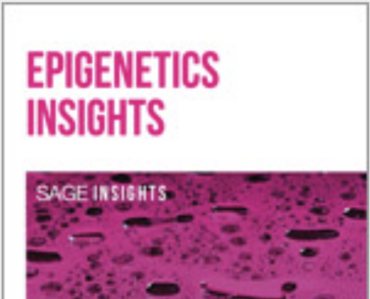
Abstract:
Toxicoepigenetics examines the health effects of environmental exposure associated with, or mediated by, changes in the epigenome. Despite high expectations, toxicoepigenomic data and methods have yet to become significantly utilized in chemical risk assessment. This article draws on a social science framework to highlight hitherto overlooked structural barriers to the incorporation of toxicoepigenetics in risk assessment and to propose ways forward. The present barriers stem not only from the lack of maturity of the field but also from differences in constraints and standards between the data produced by toxicoepigenetics and the regulatory science data that risk assessment processes require. Criteria and strategies that frame the validation of knowledge used for regulatory purposes limit the application of basic research in toxicoepigenetics toward risk assessment. First, the need in regulatory toxicology for standardized methods that form a consensus between regulatory agencies, basic research, and the industry conflicts with the wealth of heterogeneous data in toxicoepigenetics. Second, molecular epigenetic data do not readily translate into typical toxicological endpoints. Third, toxicoepigenetics investigates new forms of toxicity, in particular low-dose and long-term effects, that do not align well with the traditional framework of regulatory toxicology. We propose that increasing the usefulness of epigenetic data for risk assessment will require deliberate efforts on the part of the toxicoepigenetics community in 4 areas: fostering the understanding of epigenetics among risk assessors, developing knowledge infrastructure to demonstrate applicability, facilitating the normalization and exchange of data, and opening the field to other stakeholders.
Le Goff A, Louvel S, Boullier H, Allard P. Toxicoepigenetics for Risk Assessment: Bridging the Gap Between Basic and Regulatory Science. Epigenetics Insights. 2022;15.
